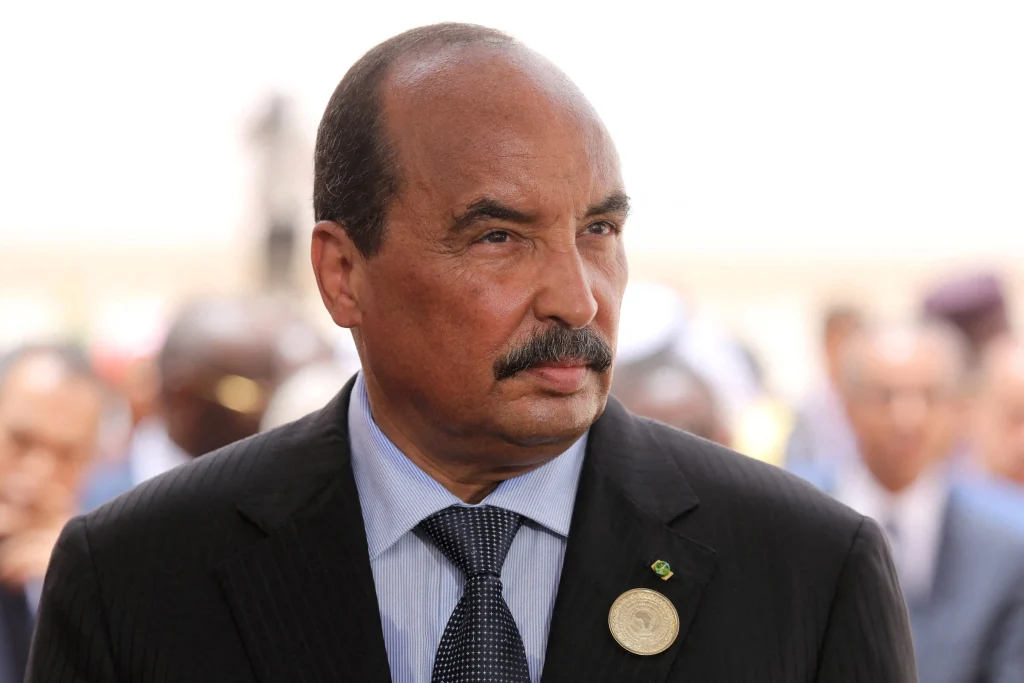Former Mauritanian President Mohamed Ould Abdel Aziz has exhausted his last legal option to overturn a major corruption conviction. The former head of state has lost his final appeal against a substantial 15-year prison sentence. This sentence was directly related to financial crimes committed during his tenure in office.
Abdel Aziz was initially convicted in 2023. A court found him guilty of illegally accumulating assets and capital estimated to be worth $70 million through various illicit means.
His legal defense team consistently argued that the entirety of the trial was politically motivated. However, an initial appeal against his conviction was rejected in May 2025. Following that rejection, his sentence was subsequently increased by ten years.
From Military Coup to Criminal Conviction
Abdel Aziz’s political career began decisively after he successfully led a military coup in 2008. After taking control, he was twice elected president by the populace. He served his two full terms from 2009 until 2019, when he voluntarily stepped down from power.
In 2021, legal action was formally initiated against him. He was charged with a wide range of severe financial crimes. These included: illicit enrichment, abuse of official functions, influence-peddling, and money laundering. The charges were not isolated. They were filed alongside ten other prominent political figures, a group which included two former prime ministers.
Since the final rejection of his conviction, Abdel Aziz has faced severe and irreversible civil consequences. The state has confiscated all of his personal assets. Furthermore, he has been officially stripped of all his civic rights.
The Complex History of Instability
The events leading to the former President’s legal troubles are intertwined with the nation’s fragile political history. The country has long struggled to establish consistent political stability. His rise to power through a coup, followed by his subsequent conviction and imprisonment, highlights a recurring cycle of political upheaval and corruption at the highest levels of government.
The successful prosecution of such a senior figure, despite claims of political motivation, is seen by some as a significant test of the nation’s evolving rule of law.
The case also underscores the critical need for robust anti-corruption measures and stronger institutional oversight in Mauritania. The conviction, and the ten-year increase to his sentence, sends a clear message about accountability for public officials.
The long legal battle, spanning from his initial charges in 2021 to his final appeal loss, demonstrates the complexity and protracted nature of high-profile corruption cases.
The nation now looks ahead, seeking sustained political stability and transparent governance following this landmark case against a former head of state.
China Backs Nigeria, Condemns US Military Threat as Interference























